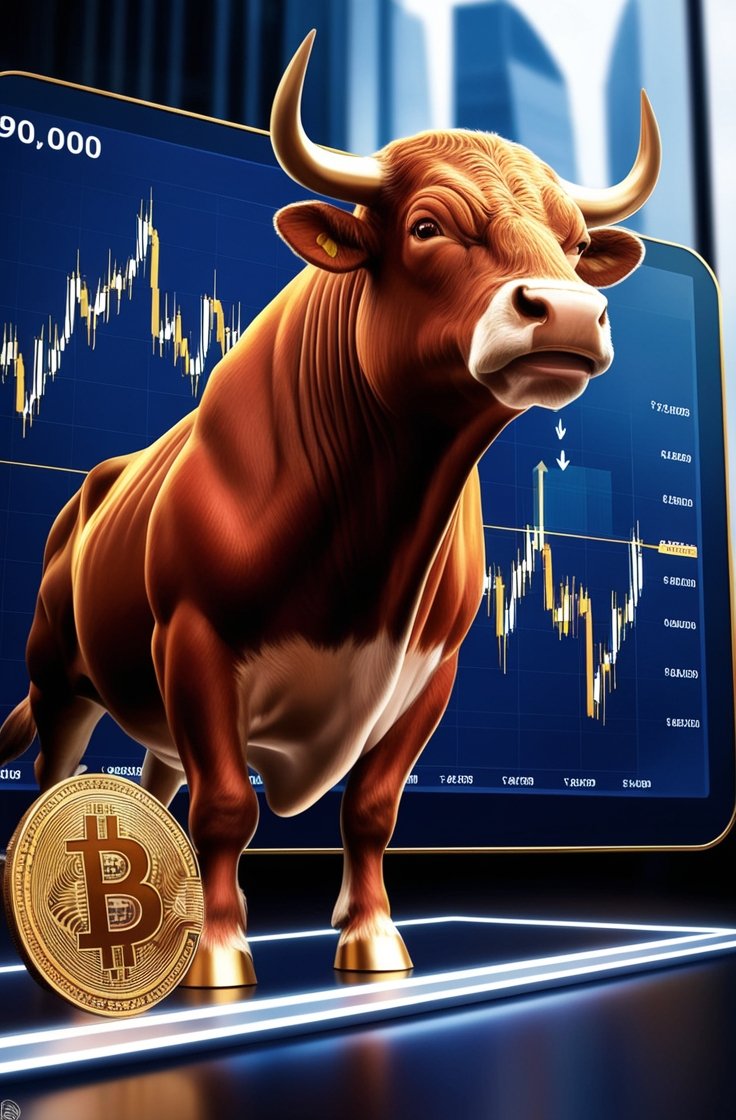XRP’s Comeback: Reclaiming the Third Spot in Cryptocurrency Market
December 2, 2024 | by alwaled

The Legal Battle: XRP vs. SEC
The legal confrontation between Ripple Labs Inc. and the U.S. Securities and Exchange Commission (SEC) is a critical chapter in the narrative of XRP, impacting its standing in the cryptocurrency market significantly. The SEC initiated a lawsuit against Ripple in December 2020, alleging that the company had conducted unregistered securities offerings by selling XRP, which the SEC categorized as a security. This classification hinged on the assertion that XRP was an investment contract under the Howey Test, criteria adopted from a 1946 Supreme Court ruling. This allegation posed a substantial threat to Ripple’s operations and the legitimacy of XRP, causing uncertainty among investors and traders alike.
The timeline of events leading to the lawsuit reveals a pattern of regulatory scrutiny that had been incrementally escalating prior to December 2020. Over the course of 2020, Ripple had been engaged in discussions with the SEC regarding its status and the regulatory landscape affecting cryptocurrencies. However, these communications culminated in litigation, marking a significant shift in the regulatory environment for digital assets. The lawsuit has raised questions about the nature of XRP, generating widespread commentary within the cryptocurrency community and raising awareness of compliance issues in the broader financial landscape.
Key legal developments throughout the ongoing proceedings have included various motions and rulings that have influenced both XRP’s market performance and Ripple’s operational strategy. The evolving nature of the case has led to significant volatility in XRP’s value; periods of optimism, particularly following favorable court rulings, have been met with downturns influenced by setbacks. These dynamics continue to shape XRP’s reputation as Ripple fights to overturn the SEC’s claims. The resolution of this case remains a pivotal factor in determining XRP’s role and future as a legitimate contender in the cryptocurrency marketplace.

Ripple’s Resilience: Defending Against Regulatory Challenges
Ripple has demonstrated remarkable resilience in the face of regulatory challenges, particularly in response to the ongoing lawsuit filed by the U.S. Securities and Exchange Commission (SEC). The core of the lawsuit revolves around the classification of the XRP token as a security, a designation that could have severe ramifications for its operation and market presence. Ripple’s management has effectively employed several strategies to counter these allegations and protect the interests of its stakeholders.
One of the pivotal strategies employed by Ripple has been its commitment to transparency and communication with the community. Throughout the legal proceedings, Ripple has actively engaged with its user base through social media, webinars, and public statements. This open line of communication has served to reassure investors, informing them of the company’s strategies and developments. Ripple’s executives have consistently highlighted their belief in the legitimacy of XRP as a utility token rather than a security, bolstering investor confidence during uncertain times.
Significant victories in court have also played a vital role in rebuilding trust among investors. For instance, the court’s ruling that Ripple executives did not personally sell unregistered securities has been a crucial turning point. This legal victory reinforced the argument that XRP trades are not subject to the same regulatory framework as traditional securities. Each positive ruling not only strengthens Ripple’s position but also fosters a sense of optimism across the cryptocurrency landscape, propelling XRP’s recovery in market rankings.
The combination of strategic legal maneuvers and effective community outreach has allowed Ripple to navigate a challenging regulatory environment while maximizing investor support. While the path ahead may still face hurdles, Ripple’s resilience has showcased its capacity to combat regulatory headwinds and maintain its standing within the cryptocurrency market.


Market Reactions: The Rise of XRP Post-Litigation
The cryptocurrency market has exhibited notable reactions to XRP’s resurgence, especially in the wake of legal resolutions that have significantly impacted investor sentiment. Following the conclusion of the ongoing litigation against Ripple, XRP has experienced a remarkable rally, reclaiming a prominent position within the cryptocurrency hierarchy. This resurgence has been intertwined with broader market dynamics, particularly in relation to political events such as the 2024 presidential election and the consequential victory of Donald Trump. Many investors perceive his win as a potential for increased regulatory clarity in the cryptocurrency space, driving a renewed interest in XRP and other digital assets.
The overall sentiment surrounding XRP has shifted positively, marked by a substantial increase in trading volume and market capitalization. Investors have reacted favorably to advancements in Ripple’s technology and the potential for enhanced partnerships with financial institutions. Such developments have fostered a growing confidence among stakeholders, leading to an influx of capital that has bolstered XRP’s market position. Analysts have noted this upward trajectory and its implications for the wider cryptocurrency ecosystem, indicating that XRP’s recovery may set a precedent for other altcoins seeking to navigate a newly stabilized market environment.
The Future of XRP: Implications and Opportunities
The resurgence of XRP to the third position in the cryptocurrency market heralds a pivotal moment for Ripple and its strategic growth. The resolution of the long-standing SEC lawsuit could potentially unlock a multitude of opportunities for the XRP ecosystem. If Ripple emerges favorably, it would not only enhance Ripple’s reputation as a compliant blockchain entity but would also reaffirm XRP’s status as a legitimate digital asset, alleviating previous concerns regarding regulatory compliance in the crypto space.
Moreover, with a clearer regulatory landscape, Ripple may find increased prospects for partnerships with financial institutions and payment service providers, leveraging XRP’s capabilities for faster and cost-effective cross-border transactions. Analysts speculate that Ripple’s ongoing initiatives to integrate with banks could be significantly bolstered, enabling the company to capitalize on an expanding global market seeking efficient blockchain solutions. In this emerging framework, XRP may also continue to foster relationships with decentralized finance (DeFi) platforms, enhancing its utility beyond mere currency transactions.
Yet, the pathway to realization faces challenges, as ongoing legal uncertainties remain a potential hurdle. The crypto community is acutely aware of the evolving regulatory environment, which could impact all players within the digital assets space, including XRP. Industry experts suggest that a proactive approach toward compliance is crucial in mitigating risks associated with possible regulatory changes. With that in mind, Ripple’s commitment to adhering to regulations while innovating new solutions might define its resilience in a competitive landscape.
In summary, XRP’s current positioning offers promising implications for Ripple as it navigates post-lawsuit opportunities. The interplay between regulatory clarity and strategic alliances will largely influence XRP’s trajectory in the digital currency ecosystem, showcasing the potential for a shifting paradigm in cryptocurrency usage and acceptance.
RELATED POSTS
View all


